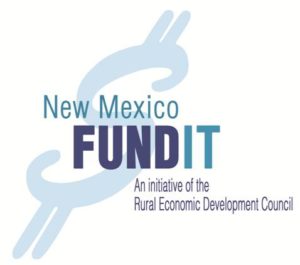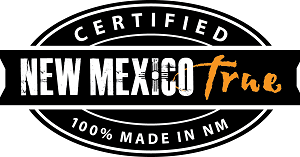 By Sandy Nelson for Finance New Mexico
By Sandy Nelson for Finance New Mexico
A common complaint of people who hire specialists or tradespeople to provide a service is that the person didn’t show up as promised or didn’t even return a phone call. Sometimes all it takes to build a client base is to treat prospective customers with the basic decency you would use in personal relationships that matter to you. Continue reading









